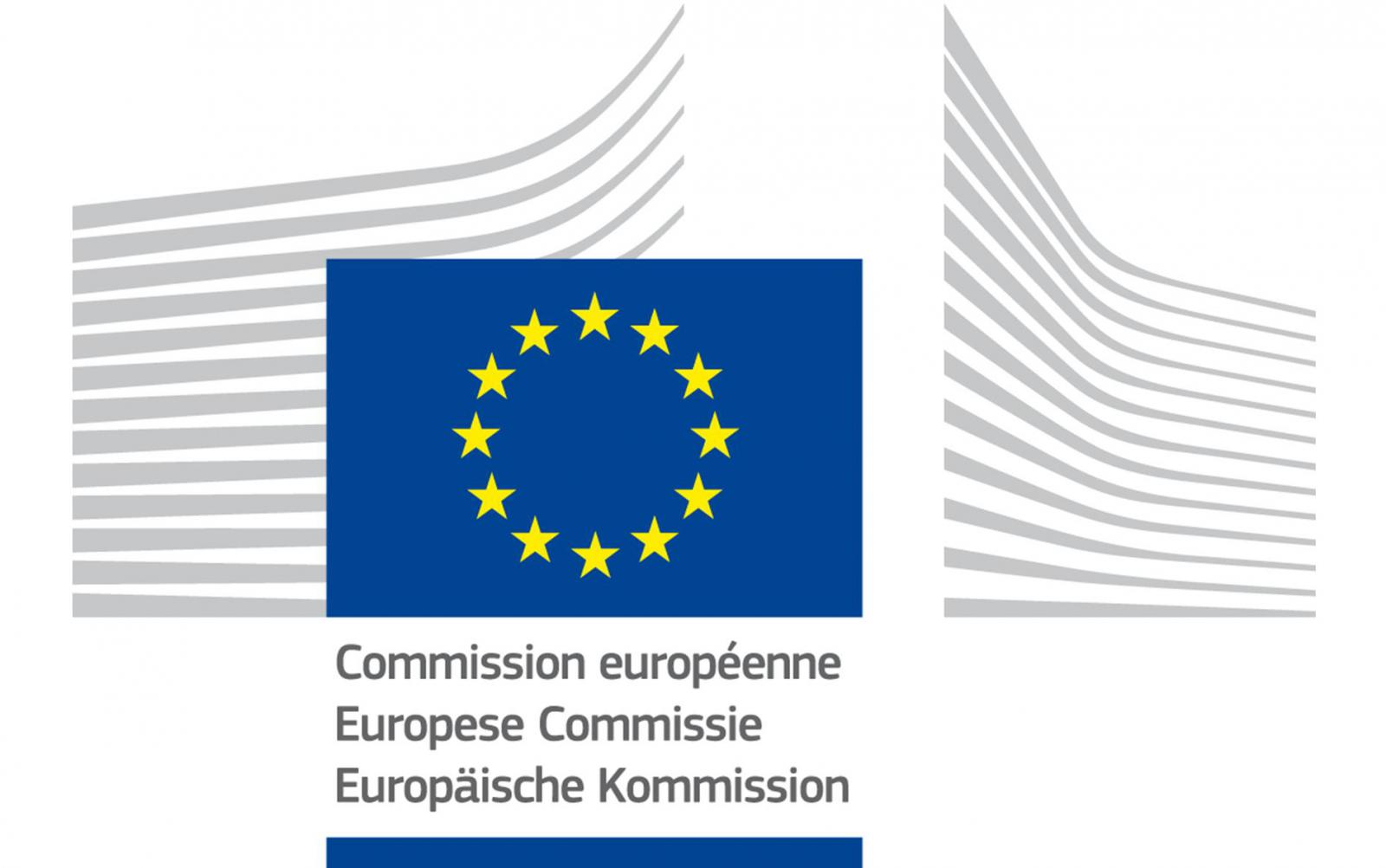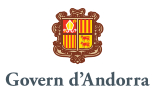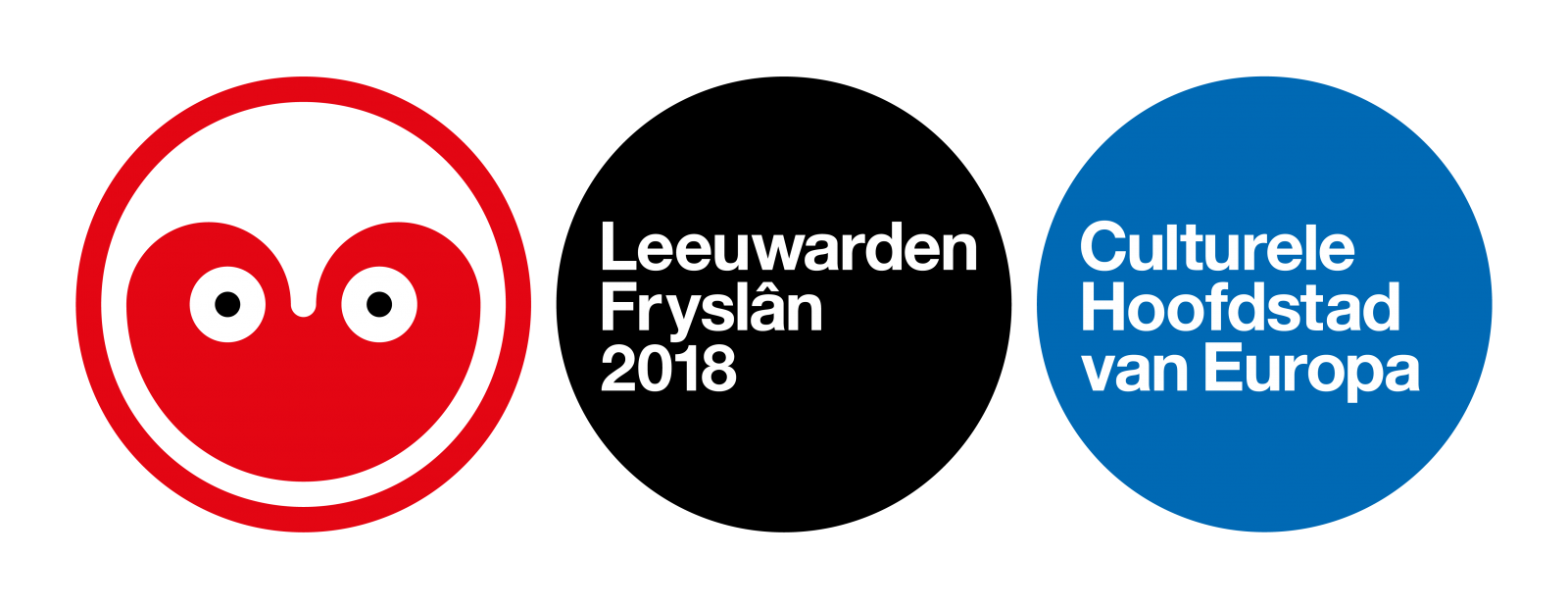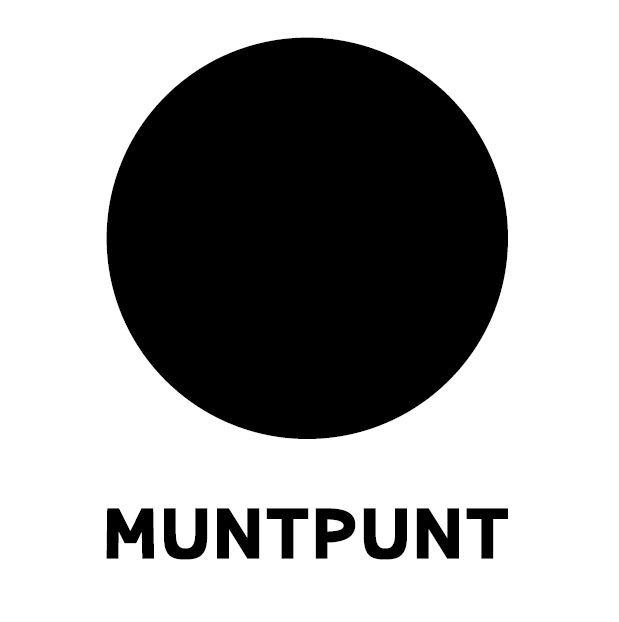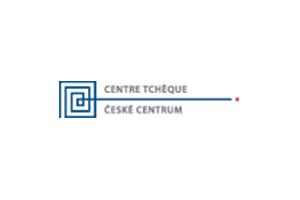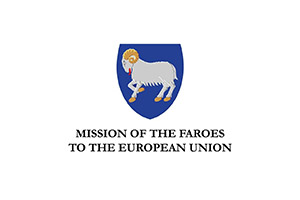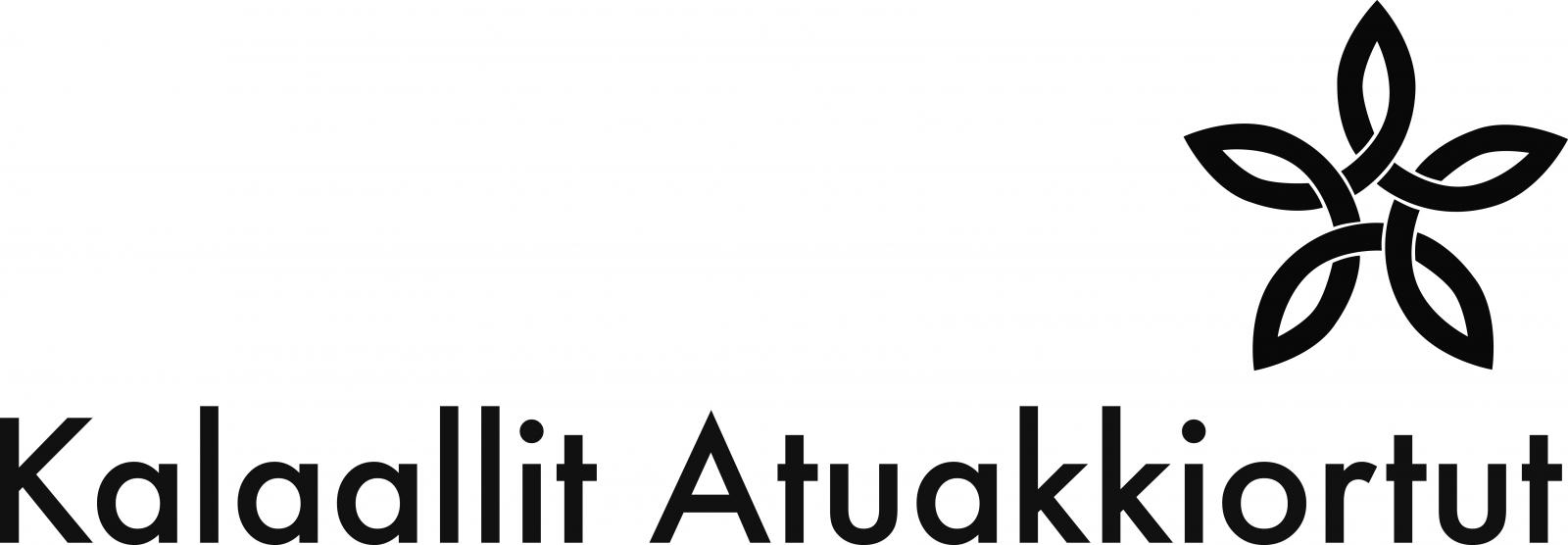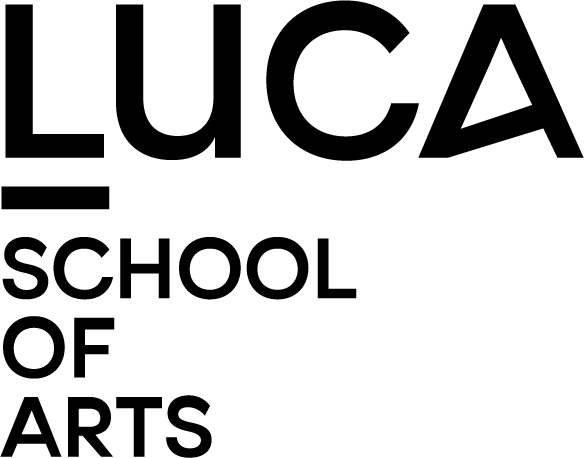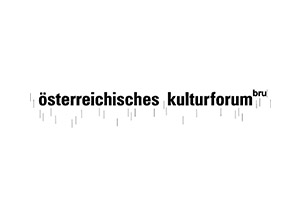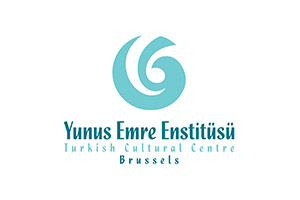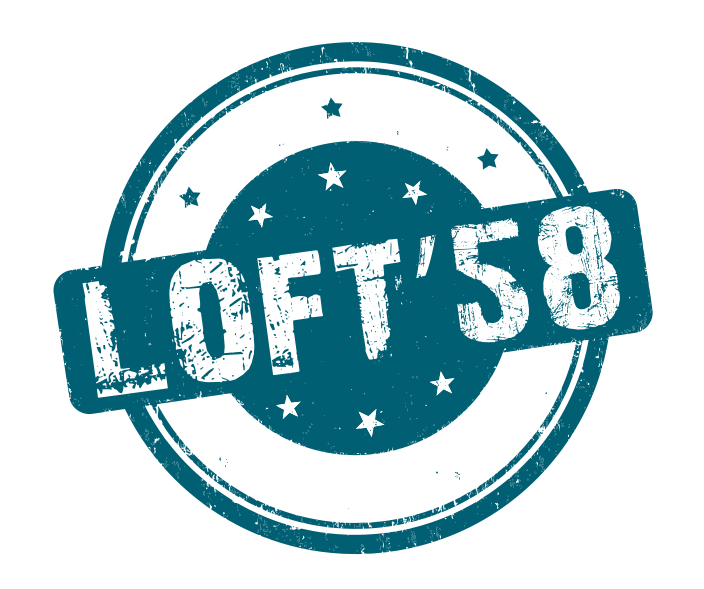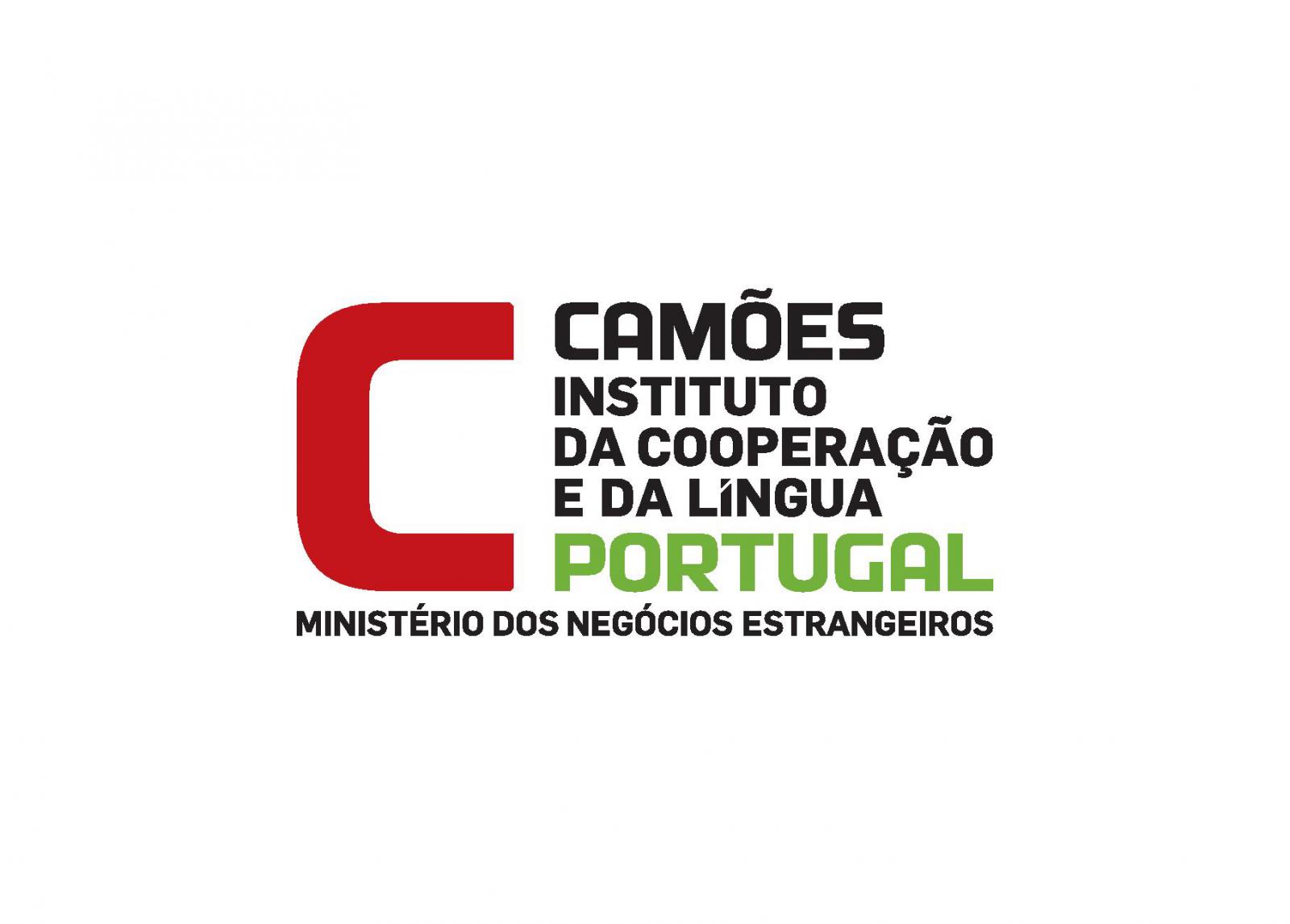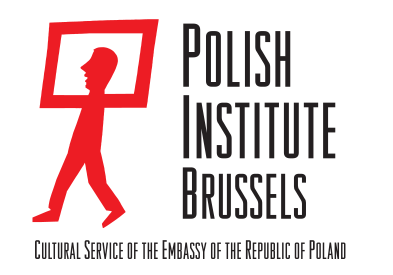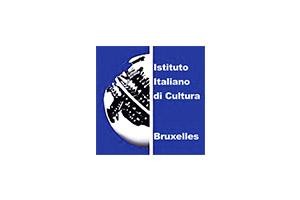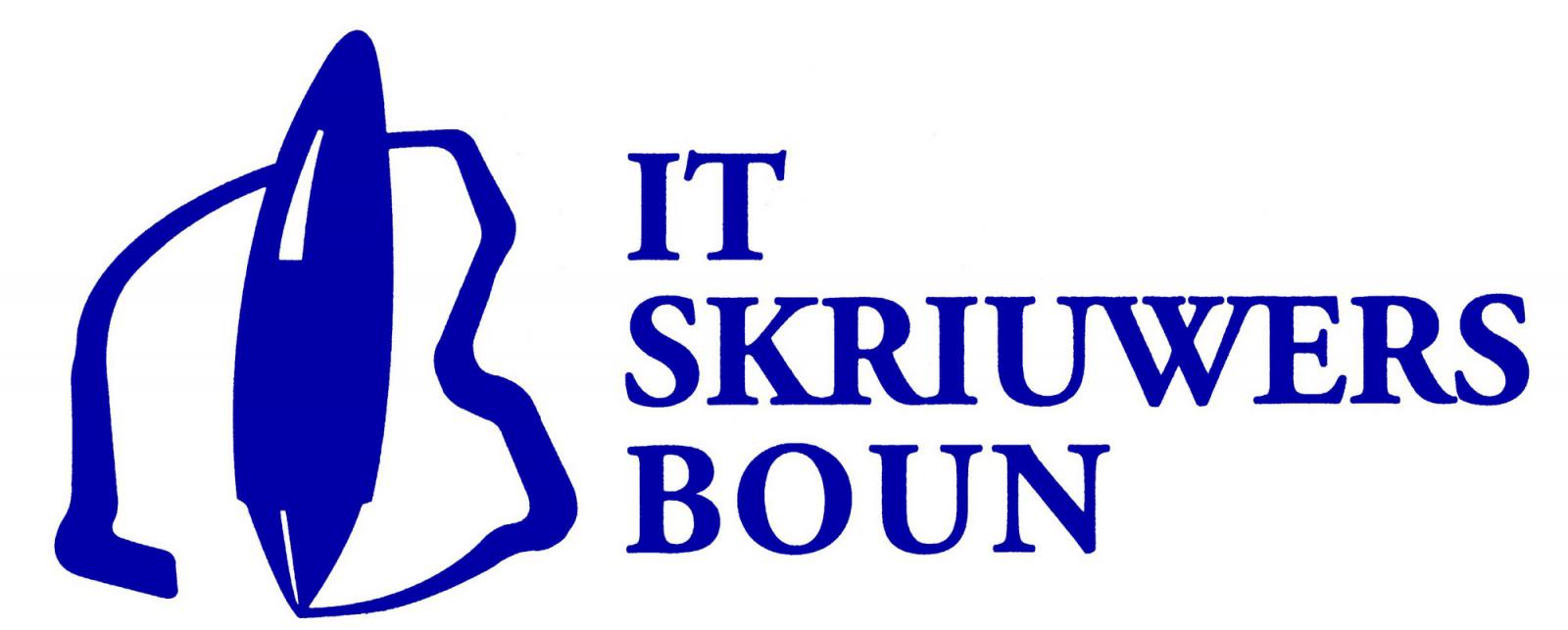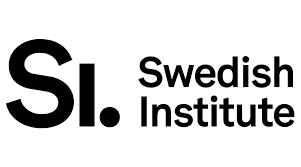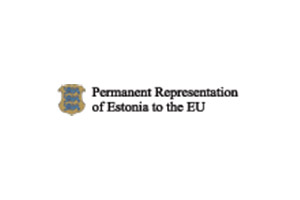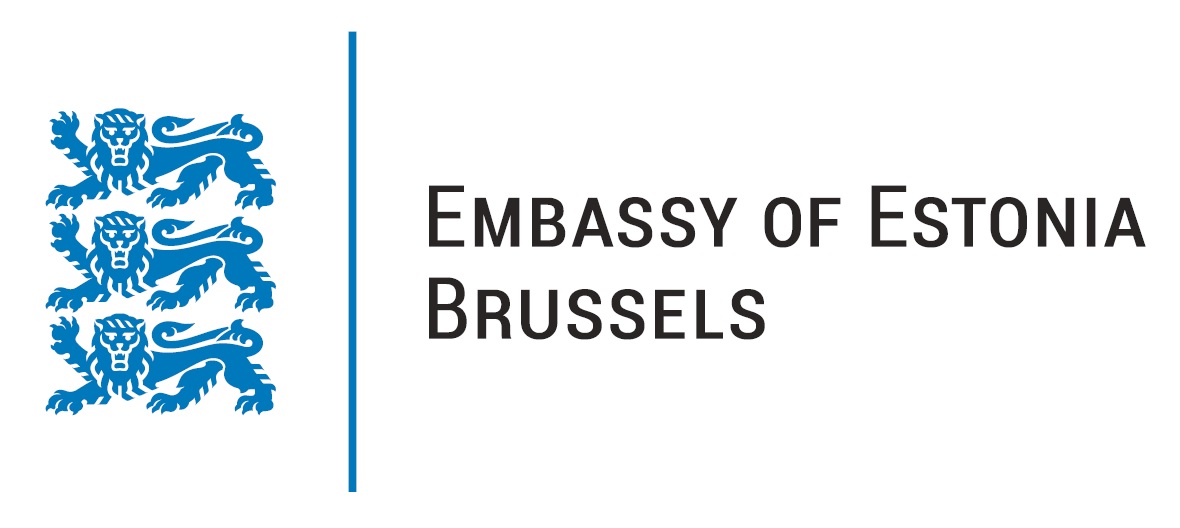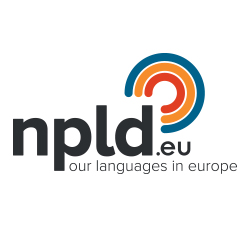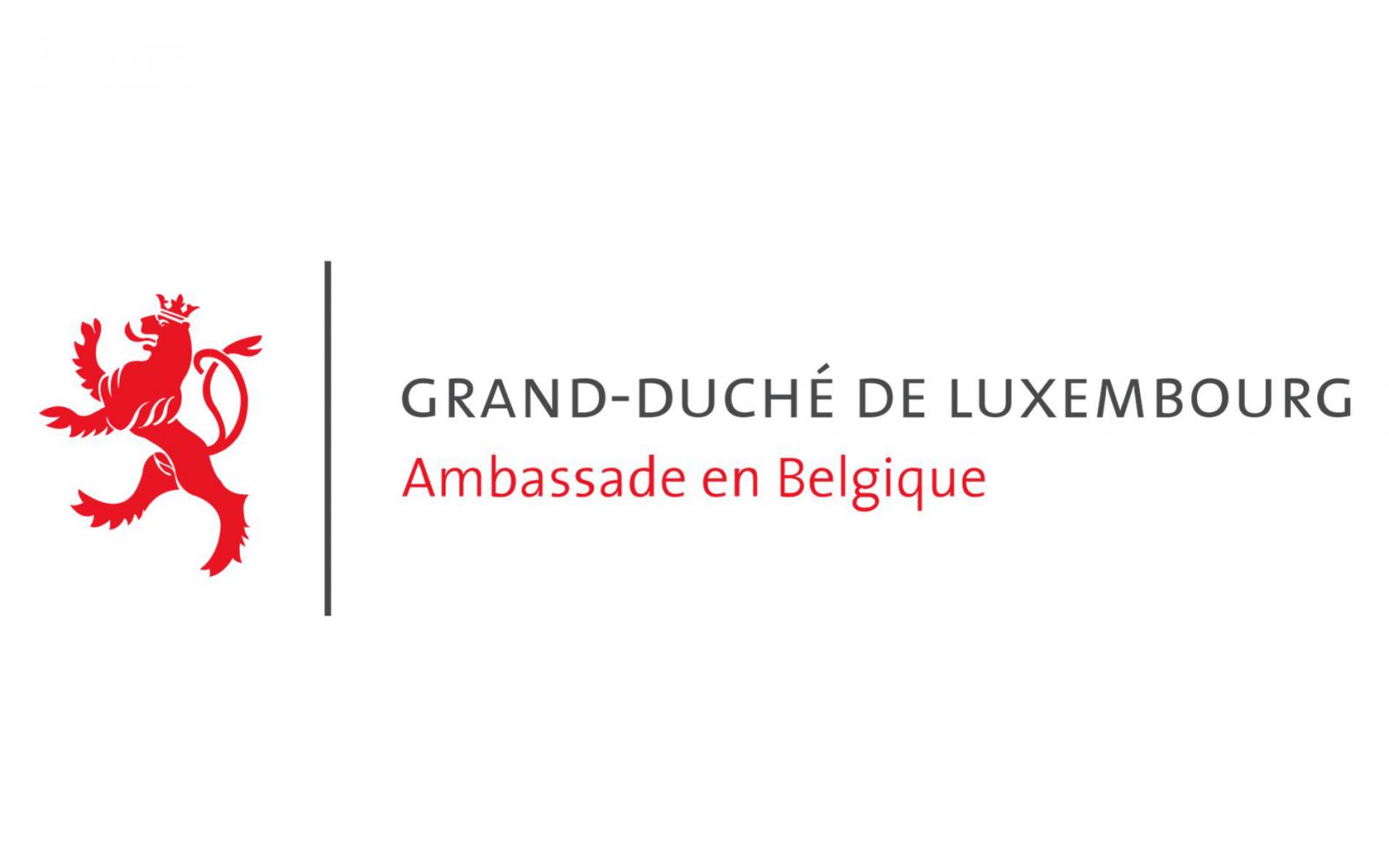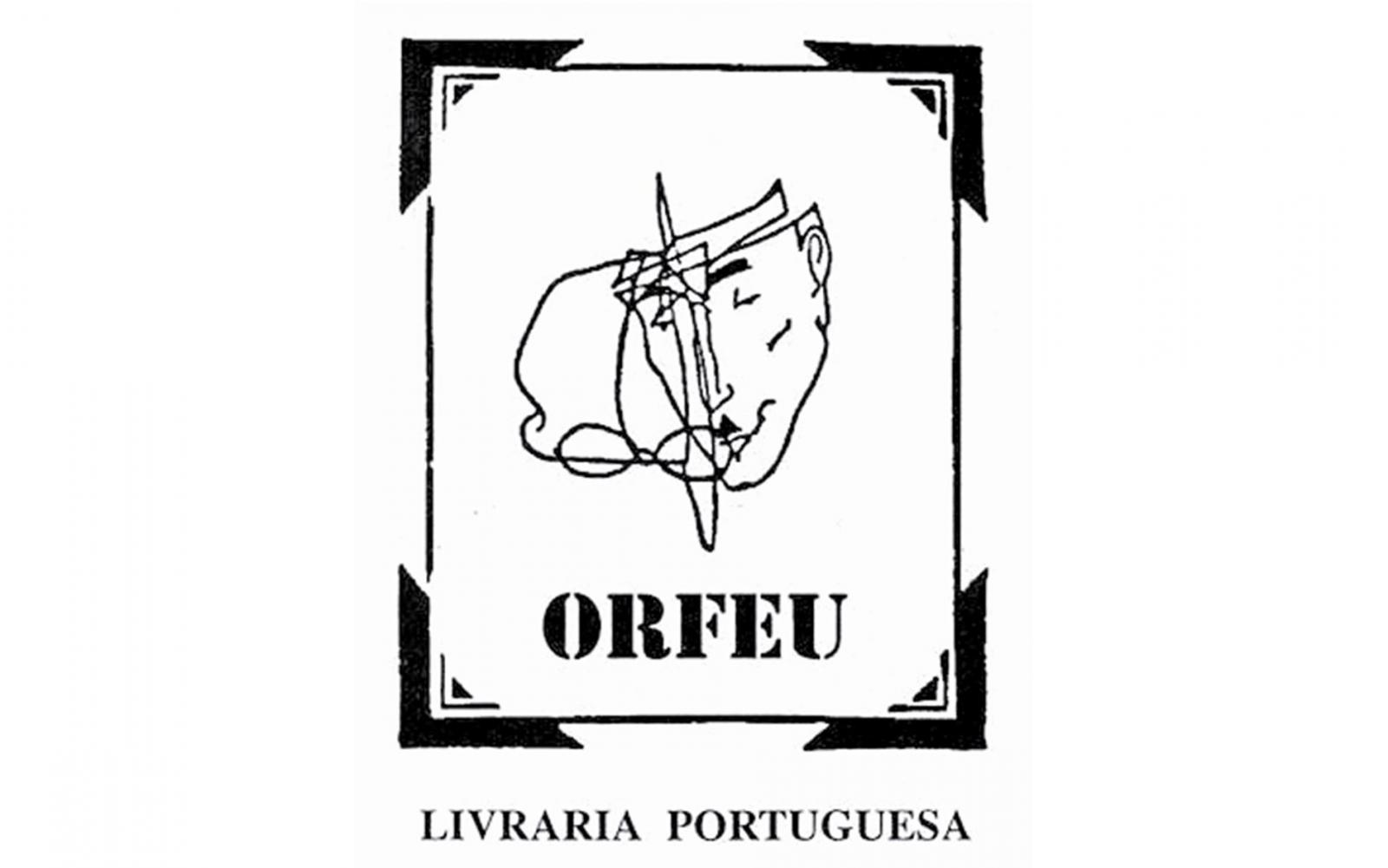Find a poet
Latest updates
-
TRANSPOESIE 2025
09/24/2025 -
Transpoesie 2025 - Programme
09/24/2025 -
Transpoesie 2025 - Open Call
04/16/2025
Jure JAKOB
Jure Jakob se je rodil l. 1977 v Celju. Na Filozofski fakulteti v Ljubljani je magistriral iz primerjalne književnosti. Je avtor petih pesniških zbirk (Tri postaje, Budnost, Zapuščeni kraji, Delci dela, Lakota), monografske študije o pripovedništvu Lojzeta Kovačiča Otroški pogled, esejistično prozne knjige Hiše in drugi prosti spisi in treh pesniških slikanic za otroke (Morje, Skrivni gozd, Tri vrane s platane). Za svoja dela je prejel naslednje nagrede: zlato ptico (2004), nagrado za obetavne mlade slovenske umetnike; kritiško sito (2016), nagrado za najboljšo knjigo preteklega leta; Rožančevo nagrado (2016), nagrado za najboljšo esejistično delo preteklega leta; in nagrado Prešernovega sklada (2019) za zbirko Lakota. Živi in ustvarja v Savljah pri Ljubljani.
Jure Jakob was born in Celje in 1977. He obtained his Master's Degree in Comparative Literature at the Faculty of Arts in Ljubljana, where he lives and works as a freelance cultural worker. So far, he has published five poetry collections (Tri postaje, Budnost, Zapuščeni kraji, Delci dela, Lakota), a monograph on the prose of Lojze Kovačič, entitled Otroški pogled, short prose memoirs Hiše in drugi prosti spisi, and three collections of poetry for children ( Morje, Skrivni gozd, Tri vrane s platane). He received the zlata ptica Award (2004) for outstanding young slovenian artists; the Kritiško sito Award(2016) conferred by the Slovenian Literary Critics’ Association for the best literary work of the past year; The Rožančeva nagrada Award for the best collection of esseys for the past year; and the Prešeren fund Award (2019), the prominent slovenian award for artists.
Jure Jakob est né à Celje en 1977. Il a obtenu sa maîtrise en littérature comparée à la Faculté des lettres de Ljubljana, où il vit et travaille en tant que travailleur culturel indépendant. Jusqu'à présent, il a publié cinq recueils de poésie (Tri postaje, Budnost, Zapuščeni kraji, Delci dela, Lakota), une monographie sur la prose de Lojze Kovačič, intitulée Otroški pogled, de courts mémoires en prose Hiše in drugi prosti spisi, et trois recueils de poésie pour enfants (Morje, Skrivni gozd, Tri vrane s platane). Il a reçu le prix zlata ptica (2004) pour les jeunes artistes slovènes exceptionnels ; le prix Kritiško sito (2016) décerné par l'Association des critiques littéraires slovènes pour la meilleure œuvre littéraire de l'année écoulée ; le prix Rožančeva nagrada pour la meilleure collection d’essai pour l'année passée ; le prix Prešeren fund (2019), prix important pour les artistes en Slovénie.

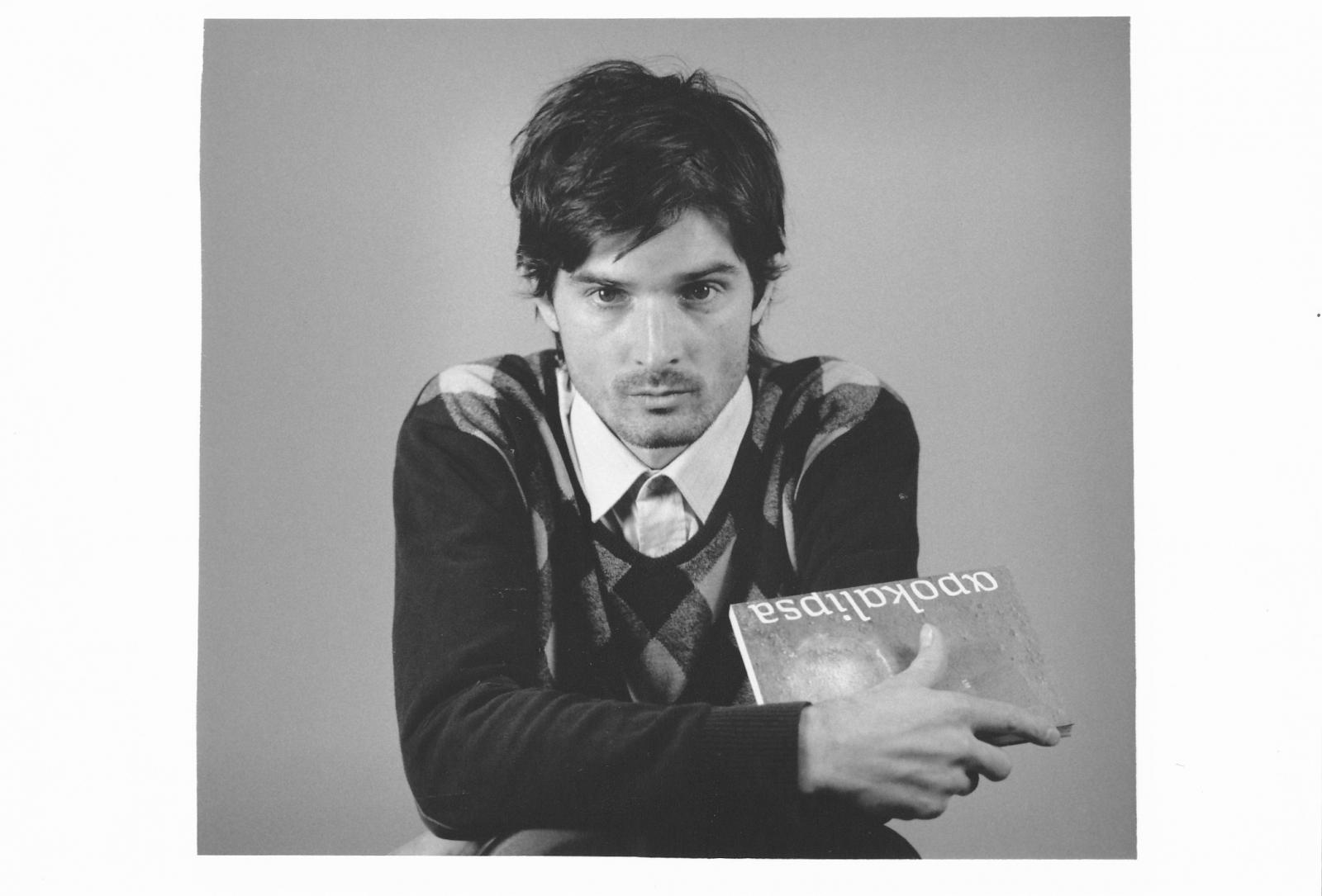


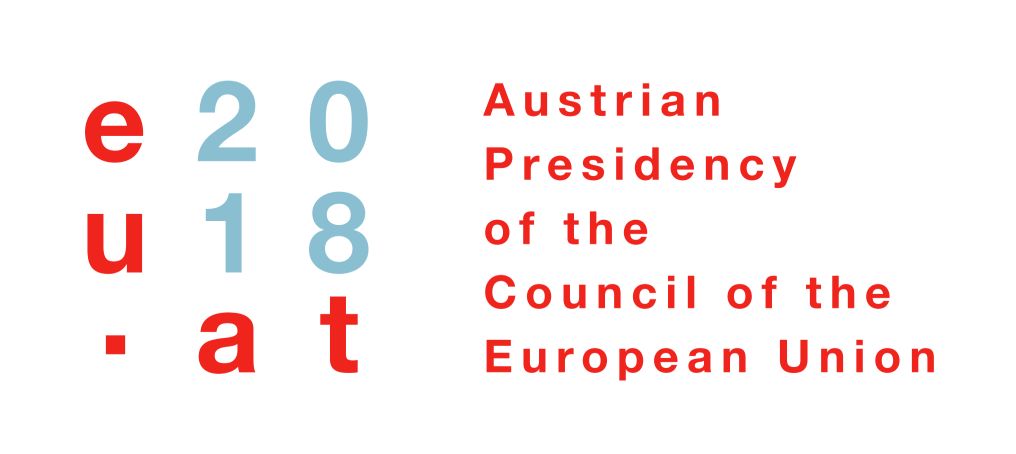
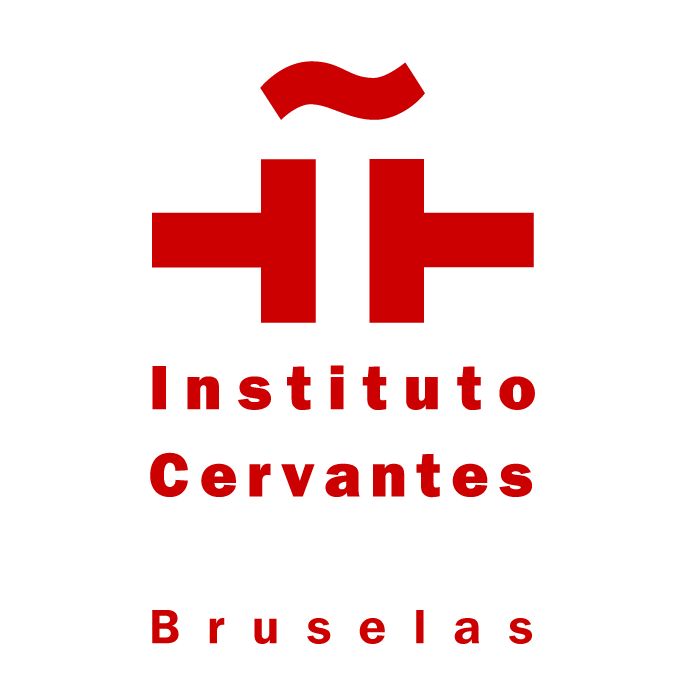
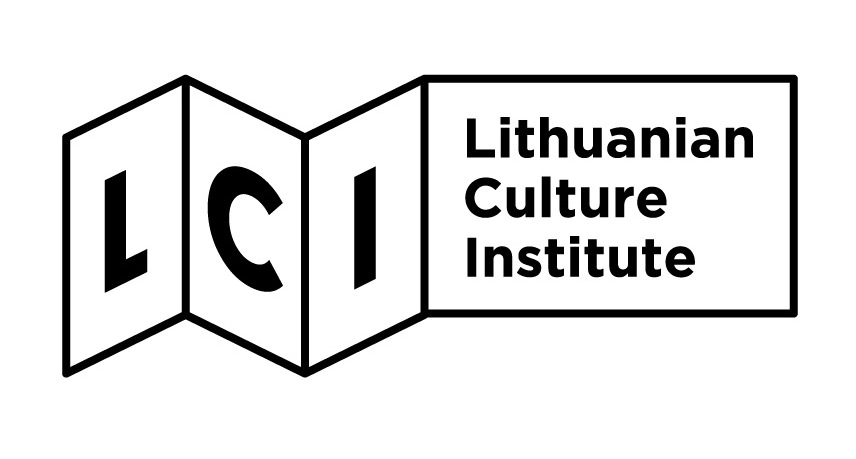
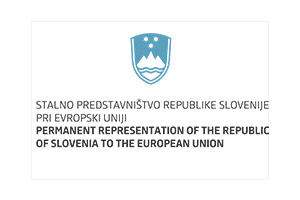
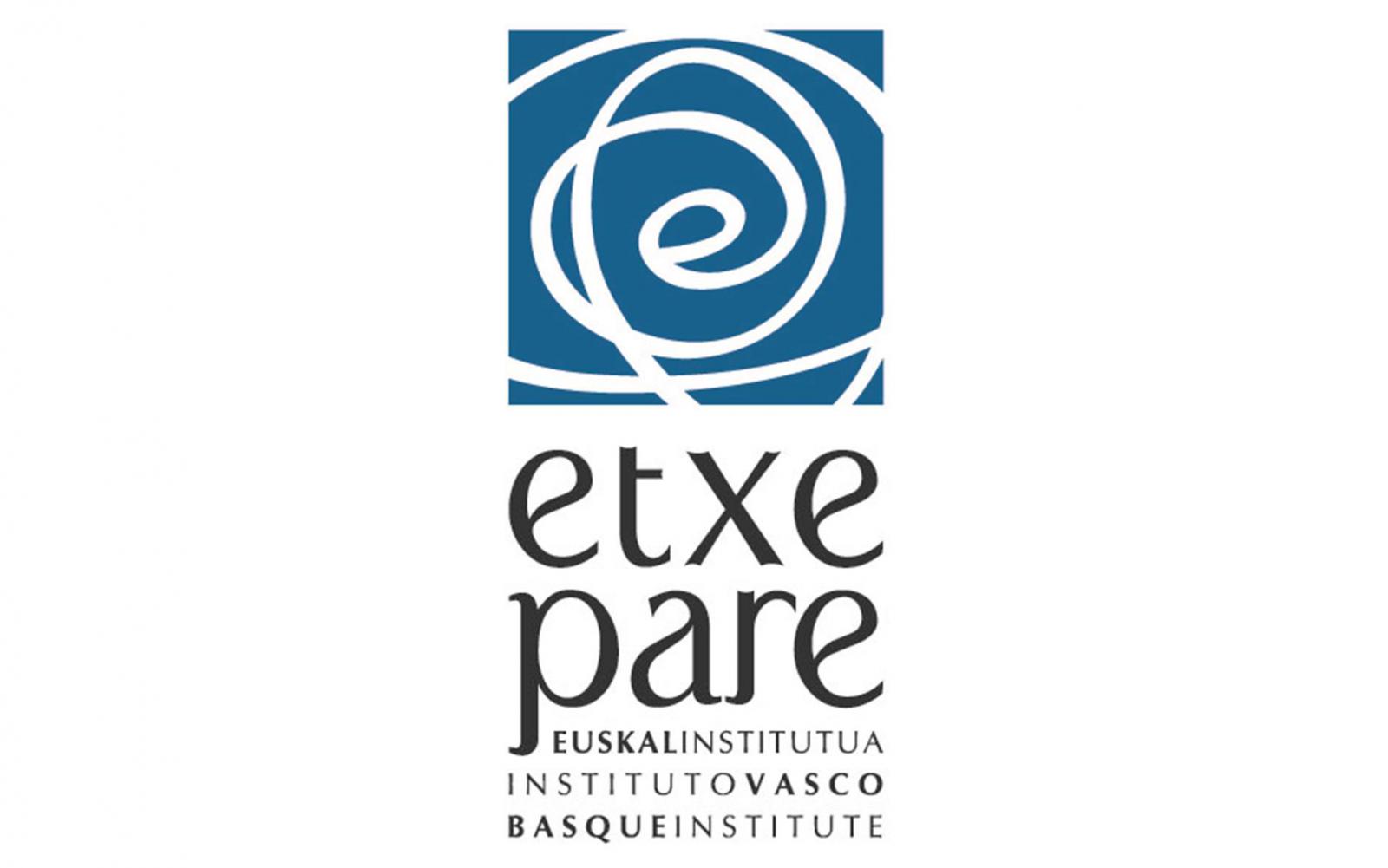
/RO - on the website.png)
